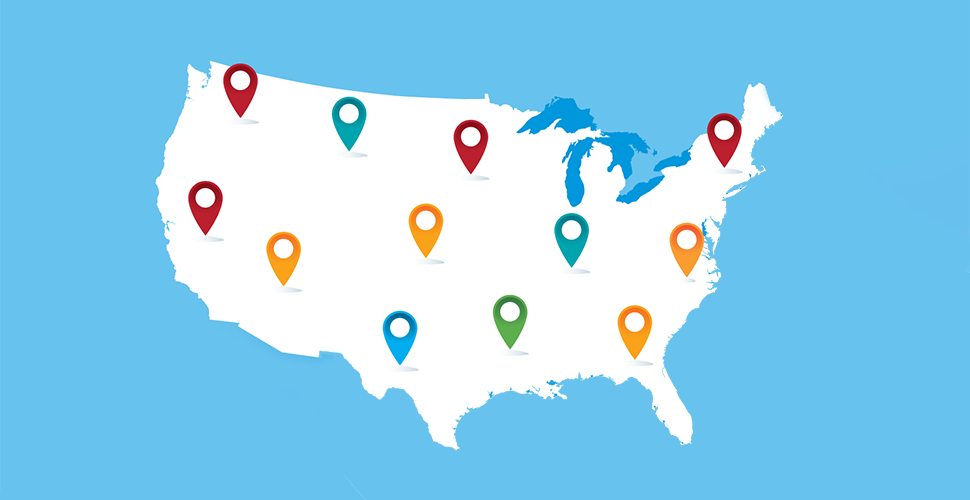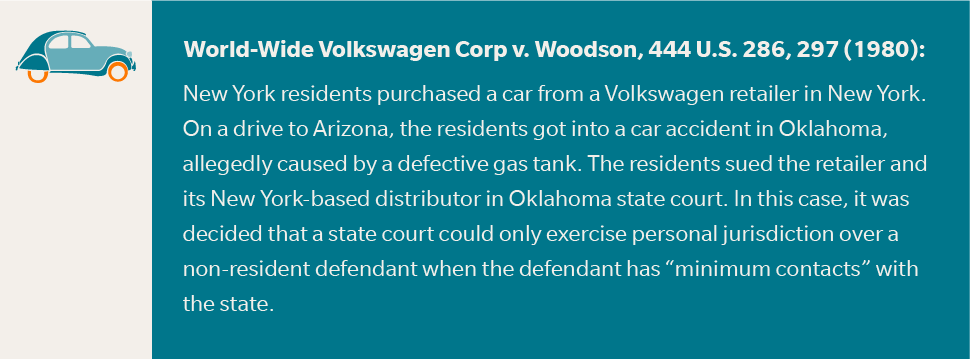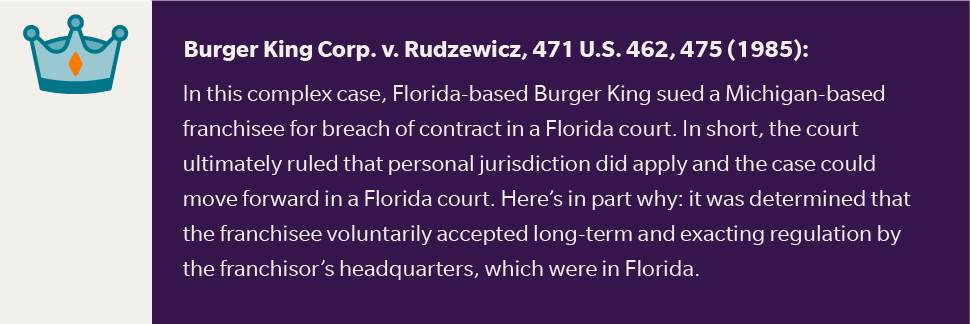If your company has a tobacco use surcharge and an employee who smokes moves without your knowledge to a state that prohibits tobacco surcharges, is your company at risk?
It’s a good question.
In a recent blog post, I addressed how employers with tobacco use policies can—and can’t—handle enforcing those policies when an employee works remotely.
An interesting twist to this issue is what happens when an employee works remotely in a state that protects tobacco users but the employer is unaware of that fact.
Here’s what you need to know.
Tobacco use surcharge considerations with remote employees
Let’s say ABC company imposes a tobacco use surcharge on tobacco using employees. As far as ABC knows, all of its employees reside in states that follow the federal law on tobacco surcharges.
Federal law allows group health plans to impose a tobacco use surcharge of up to 50% of the cost of coverage as long as certain rules under the Health Insurance Portability and Accountability Act (HIPAA) are followed. For more details on this, see my blog “Tobacco Surcharge on Health Insurance in Legal Crosshairs: Is Your Wellness Program Compliant?”
However, some ABC employees have secretly moved to one of the states that prohibit tobacco surcharges. (These states are California, Massachusetts, New Jersey, New York, Rhode Island, Vermont, and Washington, D.C. )
Is ABC’s tobacco surcharge in violation of those state laws because some of its employees reside there even though it isn’t aware of that fact? And if ABC is in violation, will it be penalized?
It comes down to “personal jurisdiction”
The answer to this scenario lies in a legal concept called “personal jurisdiction.” Out-of-state parties can be subject to another state’s laws if that party has “certain minimum contacts” with the state and has “purposely availed itself of conducting activities” in that state.
The 3 famous cases that create this personal jurisdiction framework are:
Final comments on personal jurisdiction and a tobacco use surcharge
In our hypothetical example, ABC doesn’t even know that some of its employees reside in a tobacco use protection state.
As a result, it would be difficult for those states that protect tobacco use to penalize ABC for imposing surcharges when the employer had no idea its employees were even located in one of those states.
On the other hand, if ABC was aware of an employee’s presence in a tobacco use protection state and that employee was conducting significant business in that state, ABC would likely be subject to that state’s laws. This means it would have to adjust its tobacco use surcharge policy to accommodate for the different state laws.
See my previous blog on “How to Handle a Hybrid or Remote Workers Policy for Tobacco Use” for more discussion on how to navigate these various state tobacco use laws.
For more information about legal considerations with tobacco surcharges, please connect with me at Center for Health and Wellness Law, LLC.
**Please Note: Nothing contained in this blog post is to be construed as legal advice. This blog post is for informational and educational purposes only. Readers are encouraged to seek legal counsel for any advice or compliance determinations needed on specific situations.**





